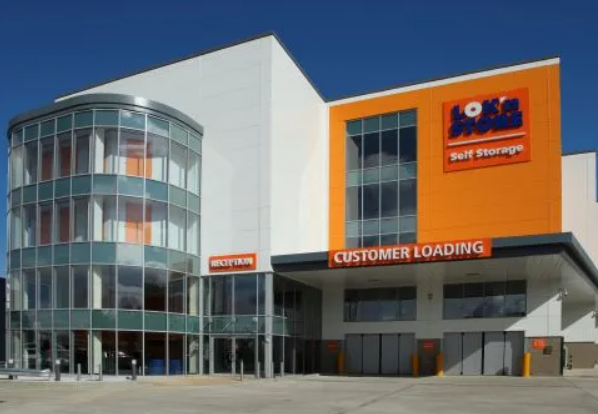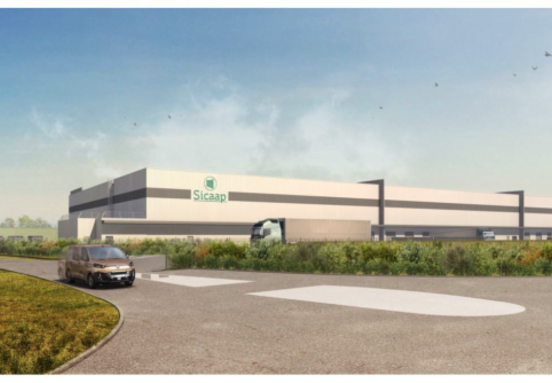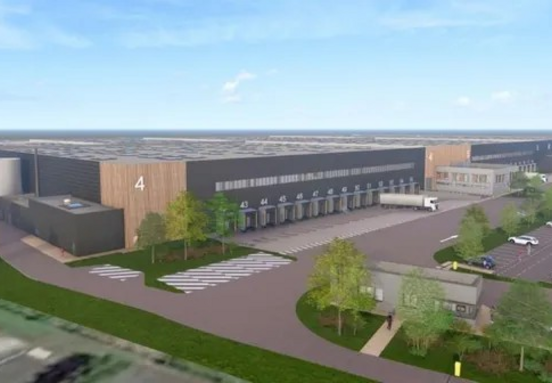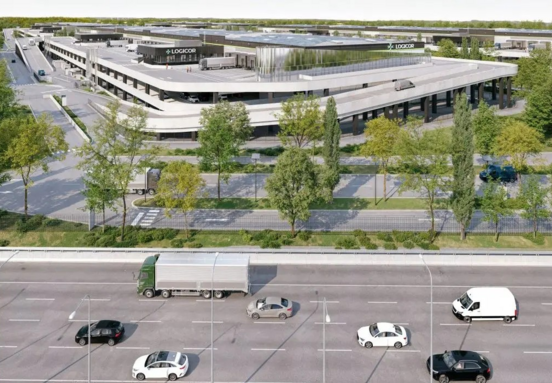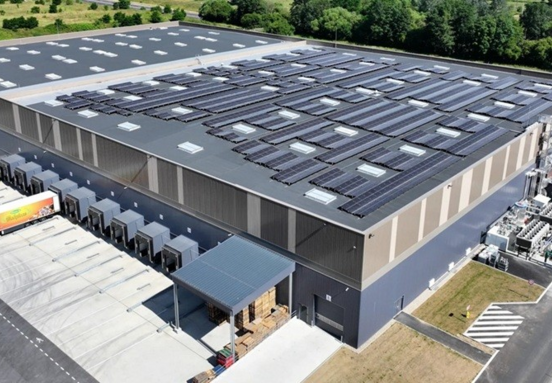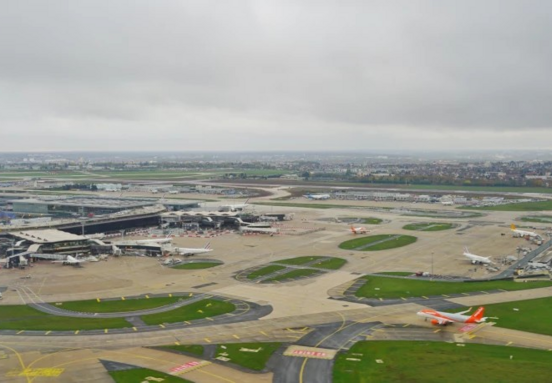Market Consolidation
Consolidation is ongoing, with major players and institutional investors like Safestore (operating under "Une Pièce en Plus") and Homebox (a subsidiary of Groupe Rousselet) expanding their networks. Urban locations are highly sought after, though obtaining permits remains lengthy and expensive. As a result, acquisition of existing facilities has become a favored strategy for rapid growth.
Inflationary Pressures
Inflation has impacted the sector through increased construction, energy, financing costs, and higher local taxes. Some operators experienced margin compression in 2024. However, rental demand remains strong, especially in major cities, and 2025 forecasts are optimistic, with a stabilization of costs anticipated.
Customer Awareness and Product Types
Customer understanding of self-storage is improving in France but remains incomplete. To address this, operators are diversifying their offerings:
-
Container storage sites on the outskirts, providing affordable solutions for business and personal use.
-
Micro-sites in city centers (often former retail spaces), typically remotely managed with few or no staff onsite. While this model grows, it poses security and profitability challenges.
New Technology
Technology is reshaping operations:
-
AI-driven surveillance systems
-
Individual electronic locks
-
Increasing automation of unit reservations through AI tools
At the same time, sustainability regulations require investment in solar panels, LED lighting, and high-efficiency HVAC systems.
Marketing Evolution
While digital marketing remains dominant, operators are increasingly investing in local advertising campaigns to boost brand awareness and educate consumers.
The French self-storage market remains promising for 2025, with significant untapped demand. Optimism is strong among both local operators and international investors.
